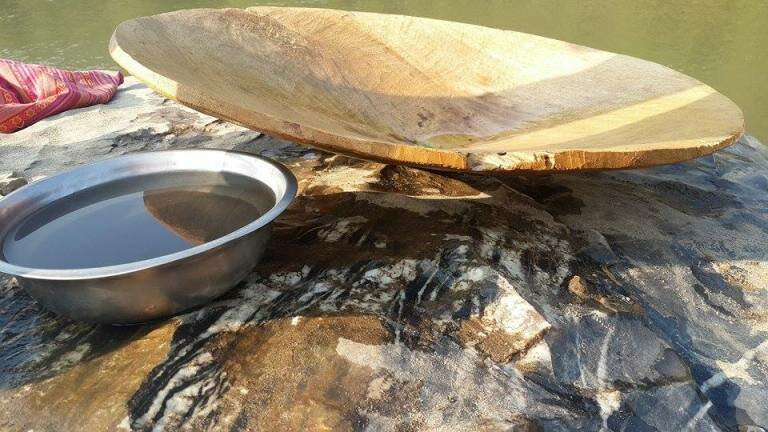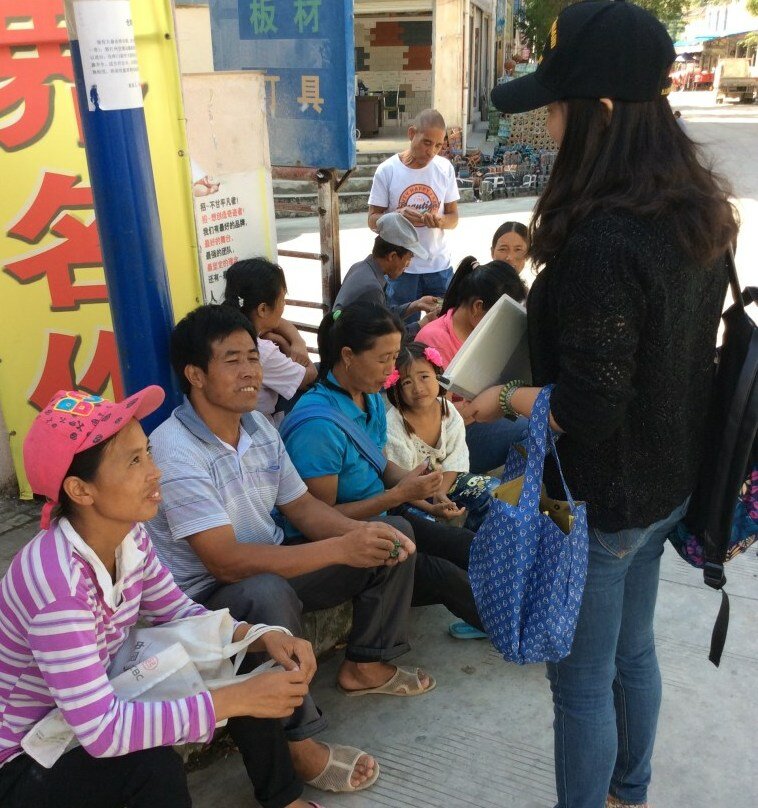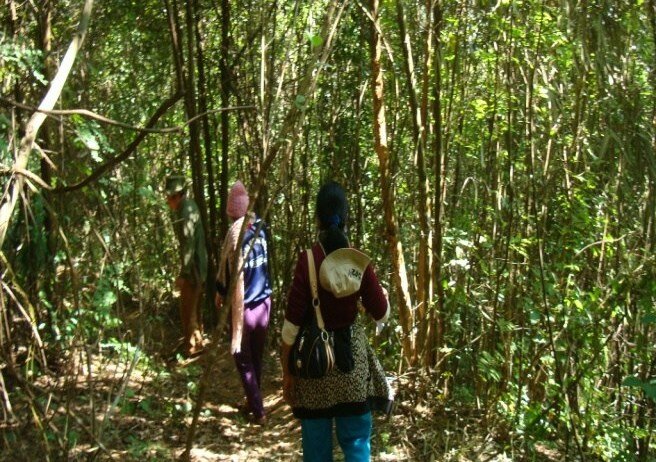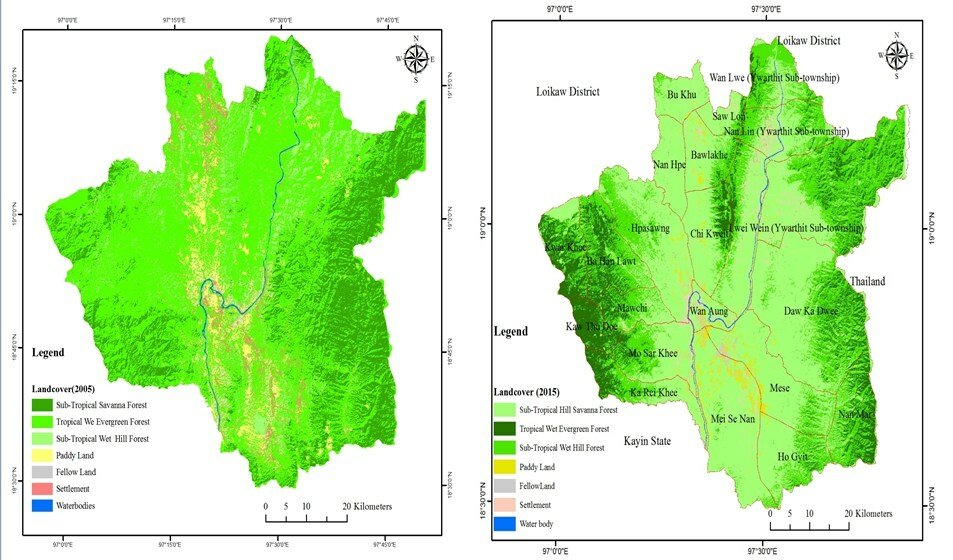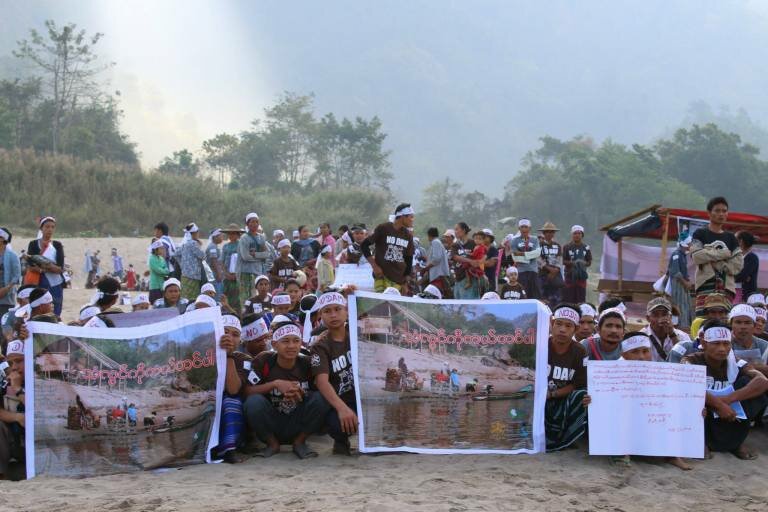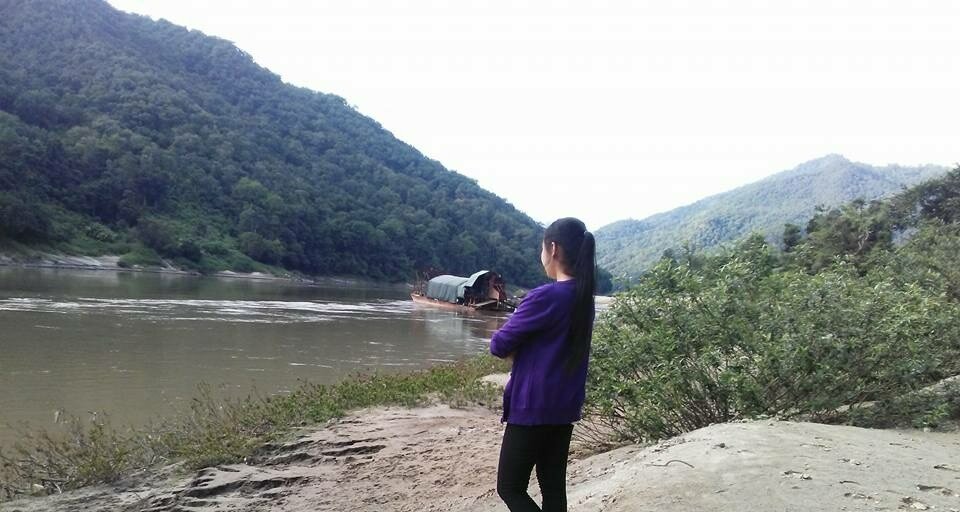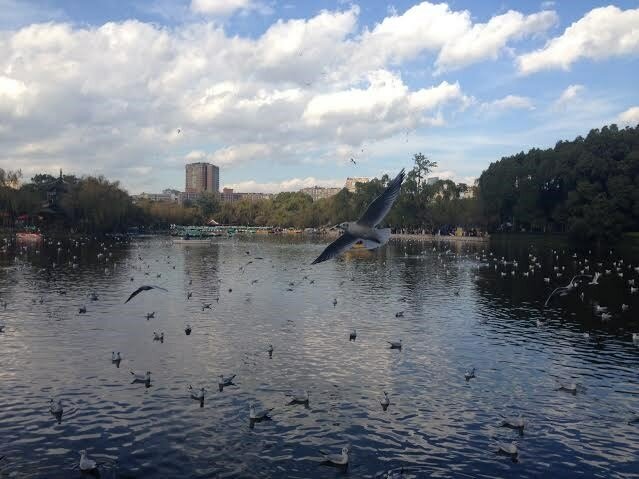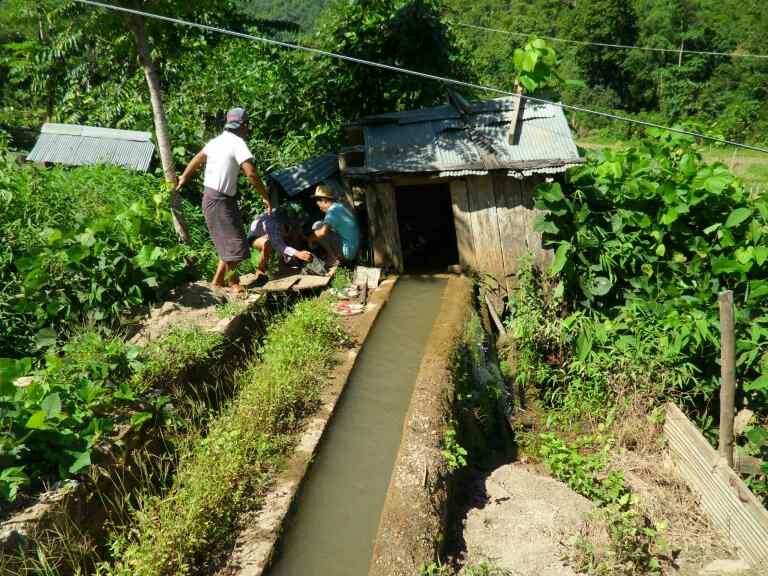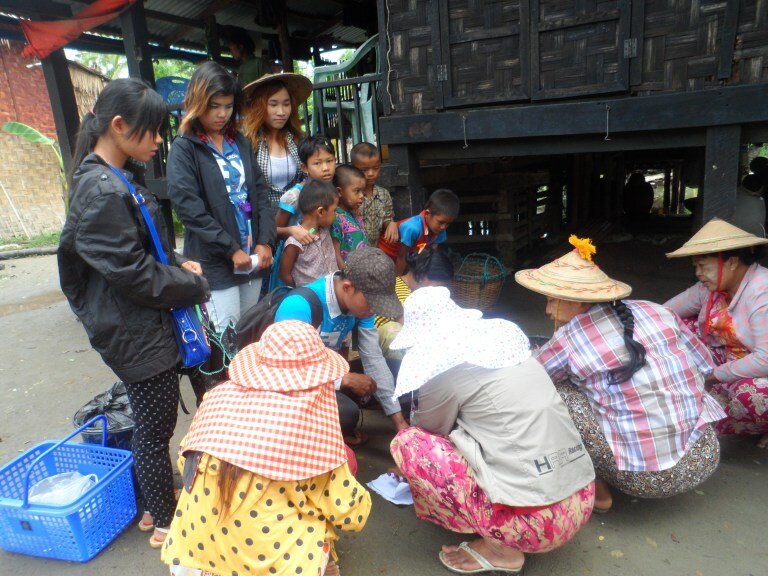This is the final piece of a three part series, highlighting the blogs of fellows of three different water governance capacity building programs. This final fellowship program is hosted by the Centre for Social Development Studies (CSDS), Faculty of Political Science, Chulalongkorn University, Thailand. The fellows in this program research relevant environmental issues in the Salween River Basin. Here are excerpts of their blogs, each of which you can read in full on the fellows’ blog site.
Mapping gaps and opportunities for inclusive hydropower governance in Myanmar
By Peter, MK31 Fellow
“[In] local communities close to one of the upcoming Salween dams, community members mentioned to me that they see profit sharing (concern that Myanmar only gets 10% of the revenue and the community will get next to zero) and accountability (who will be responsible for the likely abuses) to be among the top of their concerns.”
Co-producing Research Along the Nam Kong River
By Kim, MK31 Fellow
“Nam Kong – as the Salween is locally known – gives life to local communities, but to outsiders it represents a different sort of wealth. Its banks hide deposits of gold, its forests are unusually dense with valuable teak, and the river currents have significant hydropower potential.”
Changing lives in Xiao Shaba “New Village”, Yunnan Province
By Zhong Mei, MK31 Fellow
“When they moved to this new village, they gained some benefits in terms of employment, but also lost something. In the past, they did agriculture because they had some lands to plant. And now, these lands have been planned to build hydropower station, so they have to find another way to feed their lives.”
Ethnobotanical Study of Lashio District’s Medicinal Plants and Herbs, and their Daily Uses
By Dr. Mar Mar Aye, MK31 Fellow
“Inhabitants of the selected villages use medicinal herbs and plants that grow in their surroundings to treat their health problems and diseases. However, local knowledge of these plants and their medicinal properties has never been properly documented, and is passed on through word-of-mouth only. This places it at risk of dying out and disappearing, and also that it is not recognized as important knowledge.”
Changing Land Cover and Socio–Economic Conditions in Bawlakhe District in the Thanlwin River Basin
By Dr. Khin Sandar Aye, MK31 Fellow
“Natural resources and their availability strongly affect socio-economic development in the area. Intuitively, it would make sense that land use changes in ways that maximize productivity.”
How Can We Strengthen Water Governance on the Salween River?
By Saw John Bright, MK31 Fellow
“Indeed, it is important to understand that the central government’s and military’s exploitation of local natural resources, and disrespect for community/ethnic rights are the two key causes for more than 60 years of conflict in ethnic areas of Burma.”
Turning Points in the Life of a Young Social Worker and Researcher Along the Thanlwin River
By Nang Shining, MK31 Fellow
Even though my stay with the villagers was very short, I could feel the extremely strong bonds that tie people, water, and forest together. I will always remember what my host family told me, and which is completely in line with this feeling:
“During our entire life we have made a living from fishing and hunting around our home. The eight main creeks, the mountains, and the forest constitute our life stock. The Nam Khone River and its banks represent a crucial source of income. Never would we have thought that there would be shortages, since we never experienced one since we were born.”
While Optimistic About the Nu River’s Future, Chinese Women Environmentalists Also Face Government Clampdown
By Hannah, MK31 Fellow
“One piece of the puzzle for me has been to understand the scope and space of what environmental civil society in China can achieve. While many people outside of China might assume that there is very little space for civil society or public participation, in fact environmental organizations can be found operating across the entire country, and protests are also relatively common. […] In addition, Chinese environmental groups have had some significant and impressive victories, especially with regards to hydropower issues. “
Local Voices Still to Be Heard In Wan Hsala Village, Shan State
By Hnin Wut Yee, MK31 Fellow
“Villagers reported that one or two information sessions were held prior to the preparatory projects. However, they still clearly lack adequate information about projects being carried out in their backyard. They do not really know what the implications would be for them, nor do they know how to negotiate with the project developers to effectively prevent any negative impacts and to participate in any benefits of the project.”
Thanlwin River Estuary – Challenges for Fishing Communities
By Dr. Cherry Aung, MK31 Fellow
“About a decade ago, the Thanlwin estuary was well known for its fishing industry and produce. People from other parts of Myanmar, and especially the upper regions, migrated to the estuary for work and higher income. Nowadays though, local communities as well as migrants have had to adapt to the shrinking local fishing industry.”

